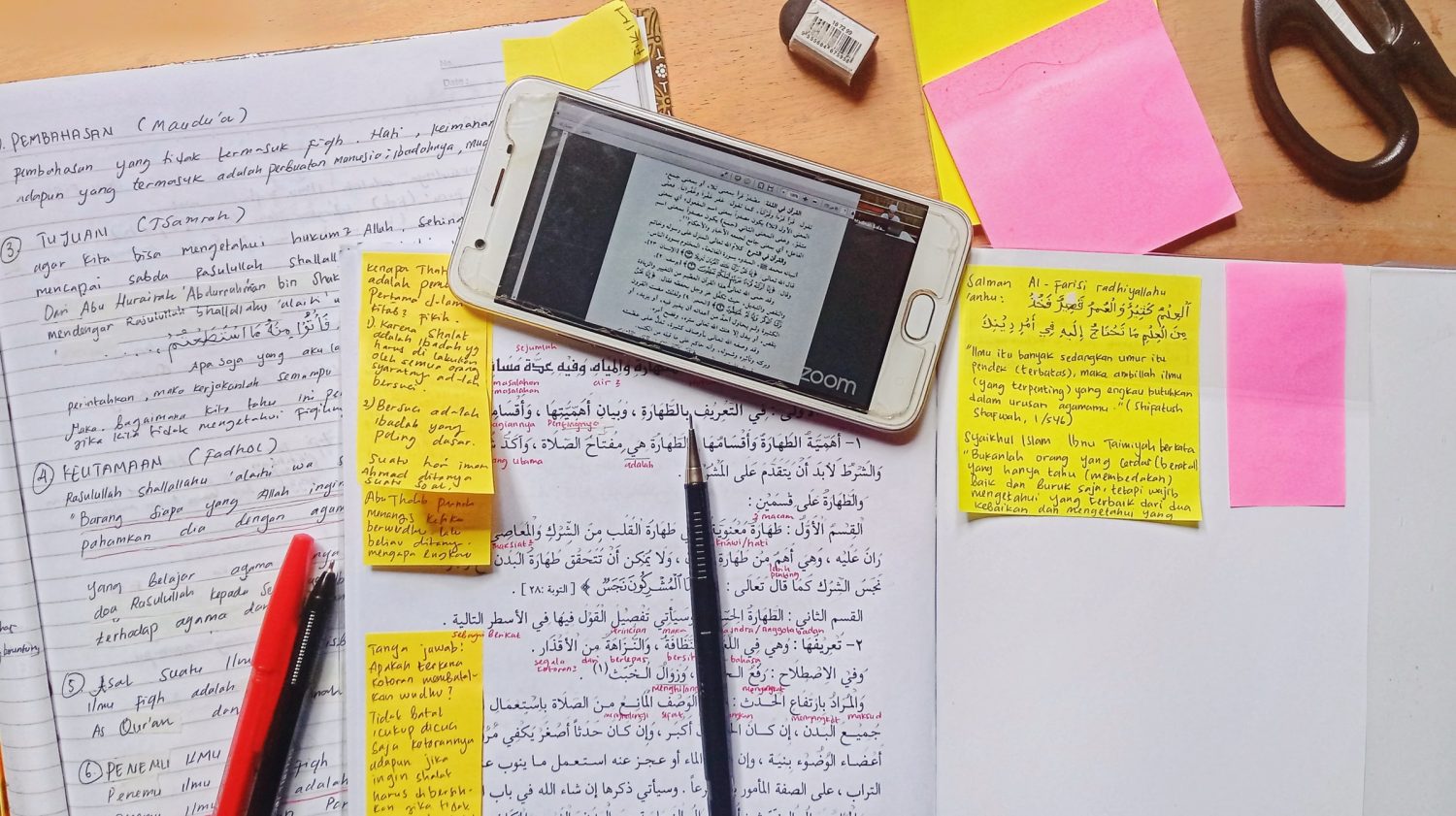 People’s minds and behaviors. Whether we consider them beautiful, good, bad, or ugly, the way we see others unveils a lot about ourselves. While knowing thyself is not an easy task, every step towards it counts. Learning is indeed a journey. My endeavors of being a psychology researcher, business executive, mentor, and entrepreneur keep challenging me and ‘aha’ and ‘wow’ moments do not come short or painlessly. I often inspire my business mind through research and philosophy. Herewith I would like to share my findings along the way.
People’s minds and behaviors. Whether we consider them beautiful, good, bad, or ugly, the way we see others unveils a lot about ourselves. While knowing thyself is not an easy task, every step towards it counts. Learning is indeed a journey. My endeavors of being a psychology researcher, business executive, mentor, and entrepreneur keep challenging me and ‘aha’ and ‘wow’ moments do not come short or painlessly. I often inspire my business mind through research and philosophy. Herewith I would like to share my findings along the way.
My name is Jana Valkovicova, and this blog is a collection of short notes from the intersection of business and psychology, reminding us to think higher and broader in business and life.
I hope you enjoy it.
Jana

 People’s minds and behaviors. Whether we consider them beautiful, good, bad, or ugly, the way we see others unveils a lot about ourselves. While knowing thyself is not an easy task, every step towards it counts. Learning is indeed a journey. My endeavors of being a psychology researcher, business executive, mentor, and entrepreneur keep challenging me and ‘aha’ and ‘wow’ moments do not come short or painlessly. I often inspire my business mind through research and philosophy. Herewith I would like to share my findings along the way.
People’s minds and behaviors. Whether we consider them beautiful, good, bad, or ugly, the way we see others unveils a lot about ourselves. While knowing thyself is not an easy task, every step towards it counts. Learning is indeed a journey. My endeavors of being a psychology researcher, business executive, mentor, and entrepreneur keep challenging me and ‘aha’ and ‘wow’ moments do not come short or painlessly. I often inspire my business mind through research and philosophy. Herewith I would like to share my findings along the way.







Comments